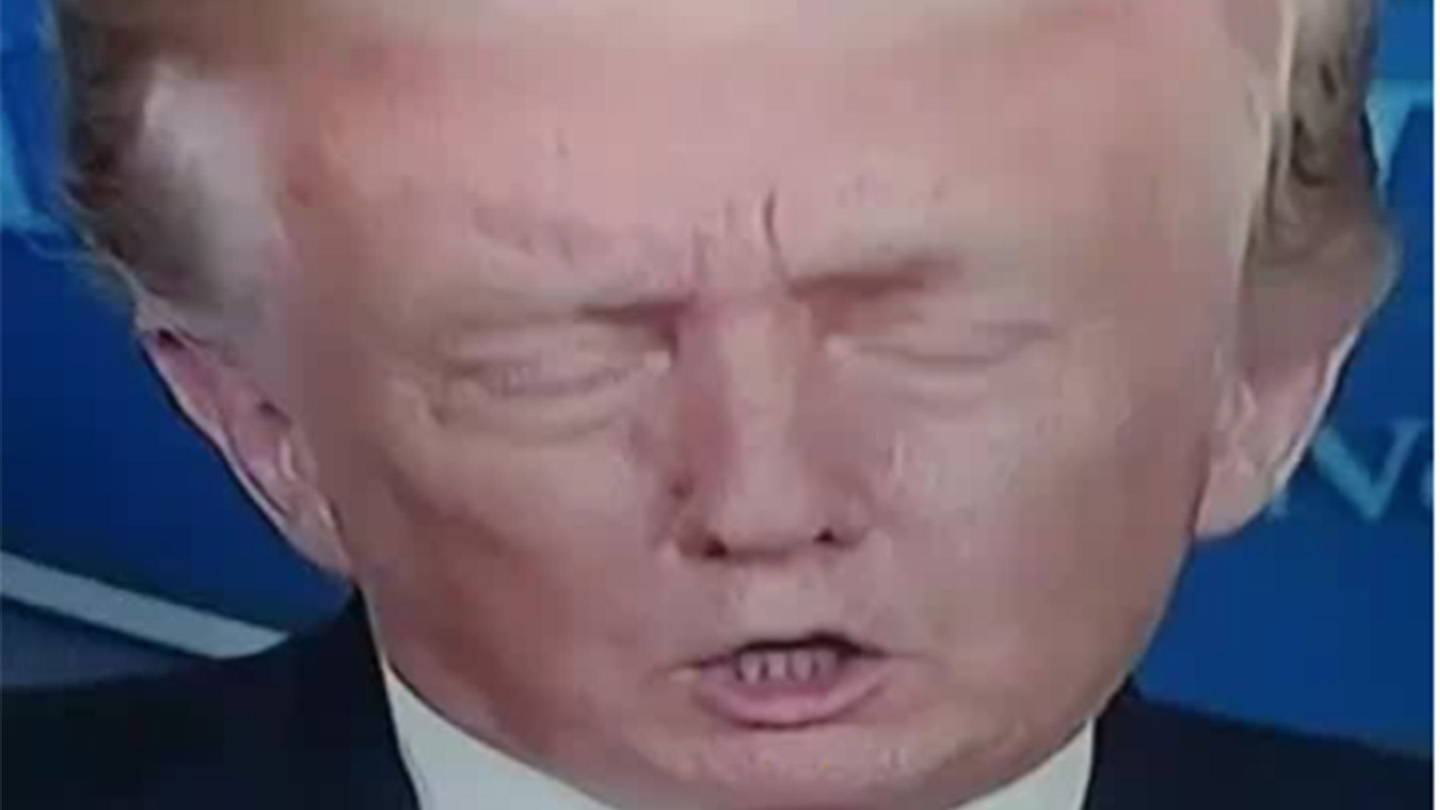In the immortal words of the Beastie Boys, sometimes, just sometimes, you’ve gotta fight for your right to party. Yesterday TikTok took that lesson all the way to the courthouse, and filed a lawsuit against the US government to challenge the impending national ban that the company is currently facing.
“The executive order seeks to ban TikTok purportedly because of the speculative possibility that the application could be manipulated by the Chinese government,” reads the lawsuit. “But, as the US government is well aware, plaintiffs have taken extraordinary measures to protect the privacy and security of TikTok’s US user data.”
So the ban, set to be enforced from September 15, is supposedly the result of concerns about data security. Not to simp for a corporation, but it does seem like TikTok is being held to a higher standard than other similarly data-draining social media platforms (cough looking at you Zuckerberg, cough cough) due to its owner being the China-based company, ByteDance. After all, one of President Cheeto’s main re-election platforms this year is being “tough on China”. Isn’t democracy fab?
The Guardian has quoted Peter Navarro, the White House trade adviser, as saying that what Americans are “going to hear from Donald J Trump is how we are going to fight China and the China virus”. Exactly the brand of nonsense you’d expect to hear from someone with approximately two brain cells to rub together!
TikTok fired back at the Trump administration’s claim that it posed a national security threat in a blog post that coincided with the lawsuit yesterday, writing that it had “taken extraordinary measures to protect the privacy and security of TikTok’s US user data”.
“We do not take suing the government lightly, however we feel we have no choice but to take action to protect our rights, and the rights of our community and employees,” read the post. A ban on the company’s US operations, according to TikTok, would be “eliminating the creation of 10,000 American jobs and irreparably harming the millions of Americans who turn to this app for entertainment, connection, and legitimate livelihoods that are vital especially during the pandemic.”


